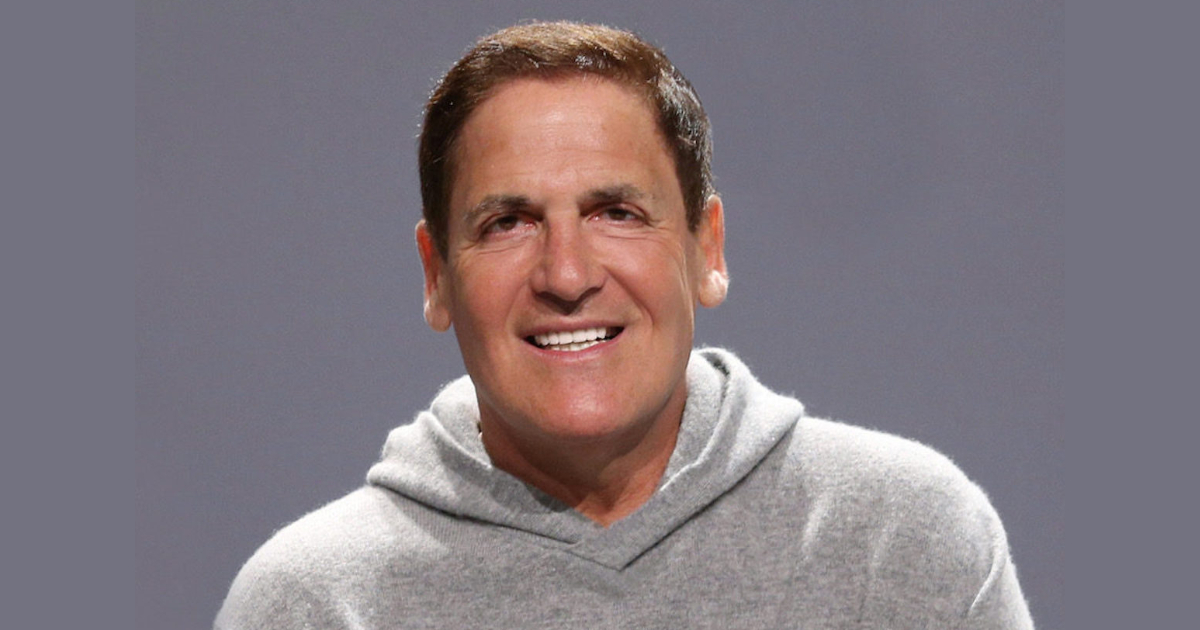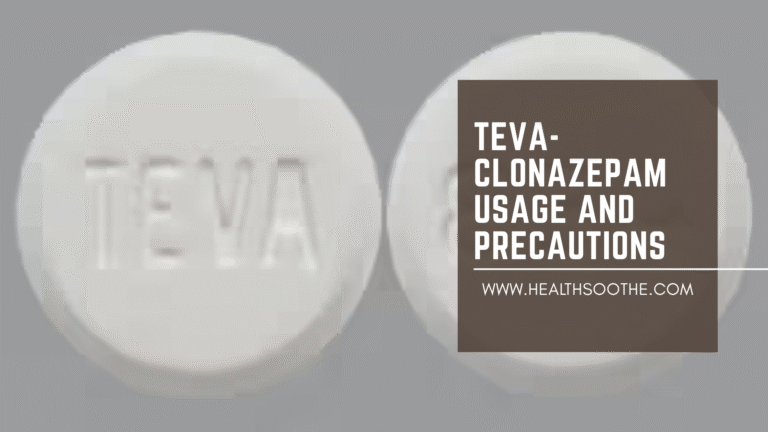
Mark Cuban says it is vital for government officials to consider and understand the hierarchy when it comes to the prescription drug market and evaluating and setting laws around drug pricing.
“To me, it’s all about transparency. In the drug market, and across healthcare, the opacity allows the biggest players to influence pricing and effectively find arbitrage points,” Cuban told MobiHealthNews.
“Without transparency, middlemen can do things like have contracts with companies and government-approved drug programs, where they say they are passing through all of a rebate on any given drug, but they buy the drug from a subsidiary that retains a significant amount of revenue.
Cuban said the subsidiary buys for, say, 80% off then sells to the pharmacy benefit intermediary for 60% off, meaning the subsidiary retains 20% of the sales costs, “but it gives the PBM cover to say they are passing on 100% of their rebates.”
The entrepreneur and founder of Mark Cuban Cost Plus Drug Company (MCCPDC) says he is backing Vice President Kamala Harris in the upcoming presidential election because she has publicly advocated for PBM reform and promised to take on non-pass-through pharmacy benefit managers (PBMs).
PBMs are third-party administrators of prescription drug benefits for self-insured employer plans and commercial health insurers, Medicare Part D drug plans and other payers.
Cuban has long argued that PBMs’ role must change in order to lower prescription drug costs, stating in 2022, the year MCCPDC was launched, that “the middlemen,” namely group purchasing organizations or PBMs, can be the reason prescription prices are higher than market value.
According to The Commonwealth Fund, PBMs have a significant impact in determining the total costs of drugs for insurers, therefore shaping patient access to medication and determining how much pharmacies are paid.
“Harris is the only candidate that has said she will take on the non-pass-through pharmacy benefit managers and introduce transparency, which I believe cuts the cost of medications for everyone in the private and public sector,” Cuban said.
Still, it takes more than one elected official to make a dent in prescription drug costs, and Cuban says very few officials fully grasp the complexities of the Rx drug market.
“The drug industry should be very simple. Someone gets a drug approved. Doctors prescribe it. The pharmacy, which has purchased the drug from a wholesaler, sells it to the patient, who either pays directly or has their insurer or employer pay for it. It should be that simple. There is absolutely nothing hard about this industry,” Cuban told MobiHealthNews.
“Instead, there are lots of fingers in the pot, adding complexity, acronyms and cost. It is costing Americans, as best I can guess, at least 20% a year in higher-than-should-be drug prices, if not more.”





